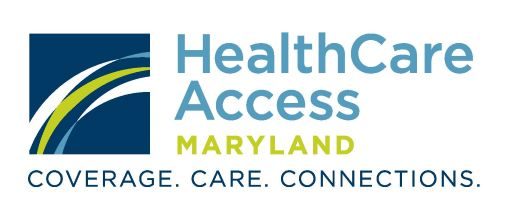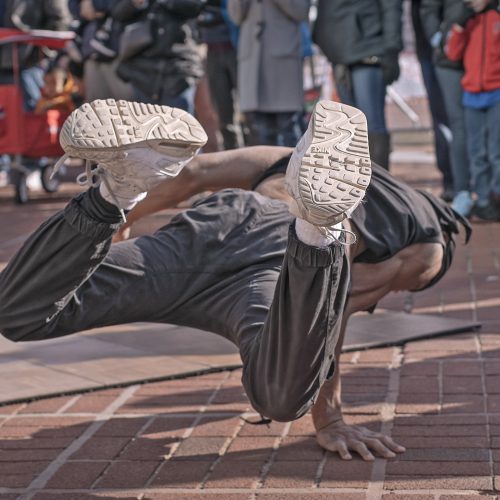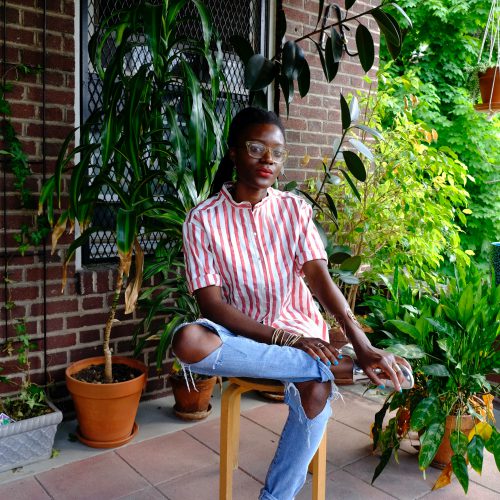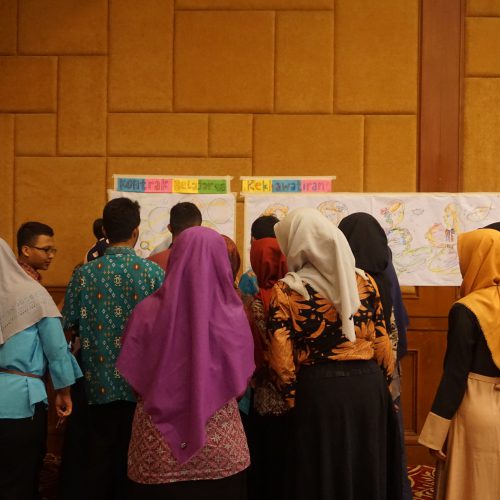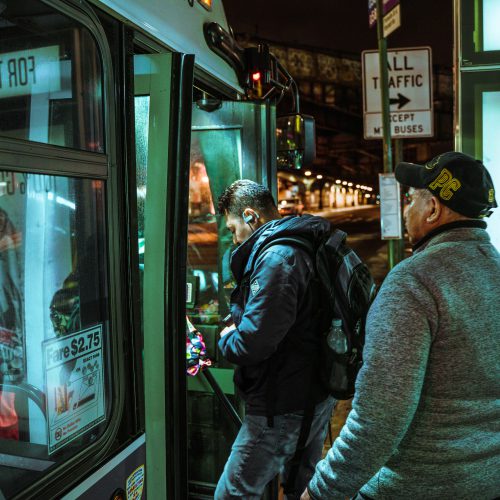July is National Minority Mental Health Awareness Month – a month dedicated to bringing awareness to and shedding light on the unique struggles and barriers that racial and ethnic minority communities face regarding mental health conditions in the United States.
Mental health conditions do not discriminate. In fact, one in five adults in the United States will experience a mental health condition every year, regardless of an individual’s race, ethnicity, gender, or religion. While mental health conditions affect all communities, the stigma and lack of equitable access to mental health care services lead to delays in care and poorer health outcomes among racial and ethnic minority communities.
Recent research and studies show just how important and critical it is for racial and ethnic minority communities to receive services and support related to mental health. The National Survey on Drug Use and Health finds that individuals from racial and ethnic minority communities receive treatment and mental health care at significantly lower rates than non-Hispanic white communities. The U.S. Department of Health and Human Services Office of Minority Health notes that in 2019, suicide was the second leading cause of death for Black individuals ages 15-24. We also recognize the direct connection between poverty, trauma, and mental health. Black and Hispanic individuals living below the poverty line, as compared to those over twice the poverty level, are twice as likely to report serious psychological distress.*
These realities are what make increasing awareness and access to care through National Minority Mental Health Awareness Month – and throughout the year – so important. One of the most important aspects of improving care for marginalized communities is ensuring individuals are connected to therapists and providers who share a similar cultural background.
Talkspace, an online therapy platform, provides 24/7 access for individuals to reach out whenever they need mental health services and treatment. Most recently, Talkspace provided thoughtful insight on how cultural differences can hinder therapy, and why it might be important for someone to find a therapist that has a similar cultural background.
“Individuals in therapy found themselves educating their therapist on what they would consider the fundamental parts of their lived experience. These experiences can vary, but often include dealing with racism and other microaggressions at work or in their personal lives.”***
Individuals who work with a therapist that has a similar cultural background may be more comfortable disclosing information and in turn more likely to continue with therapy sessions. Sessions would be more focused on addressing any issues that the individual brings to the table as opposed to taking time out of a session to explain their point of view on a topic or situation.
In order to address the stigma and barriers on minorities who are facing mental illness, the proper tools and resources must be provided to individual minority groups.
HealthCare Access Maryland’s Here2Help Hotline (410-433-5175) can help connect you to information about mental health and find a provider who fits your needs. Our Here2Help Hotline team has the most up-to-date information on treatment options available to Baltimore City residents. Callers can receive support regardless of insurance status and can receive help with enrolling in insurance benefits if needed.
*https://www.minorityhealth.hhs.gov/minority-mental-health/health-disparities/
** https://www.mhanational.org/BIPOC-mental-health-month
*** https://www.talkspace.com/blog/find-therapist-same-cultural-background-community/
